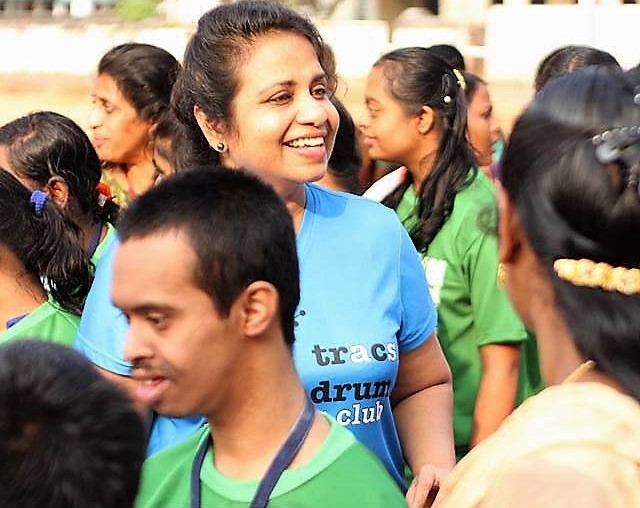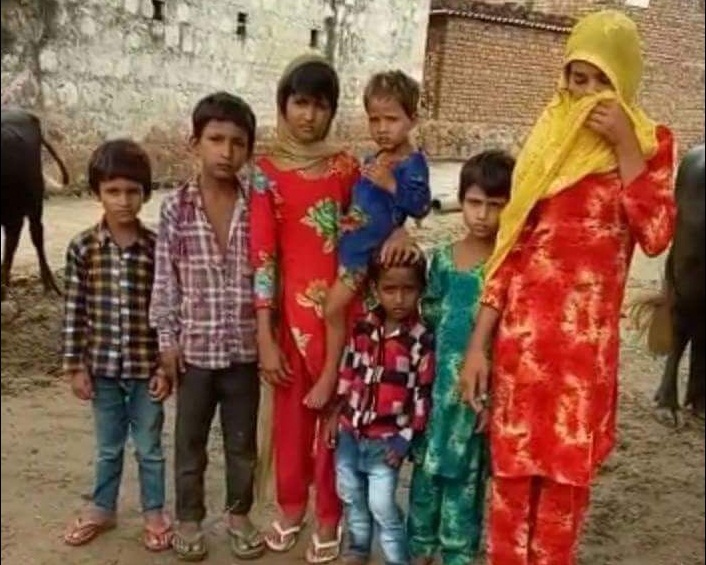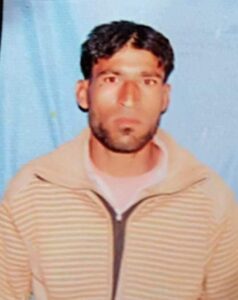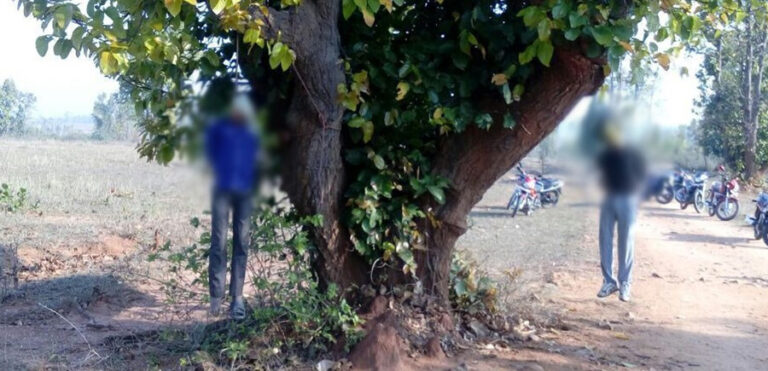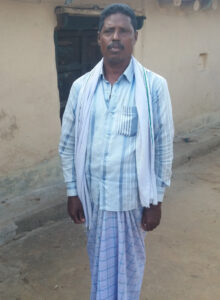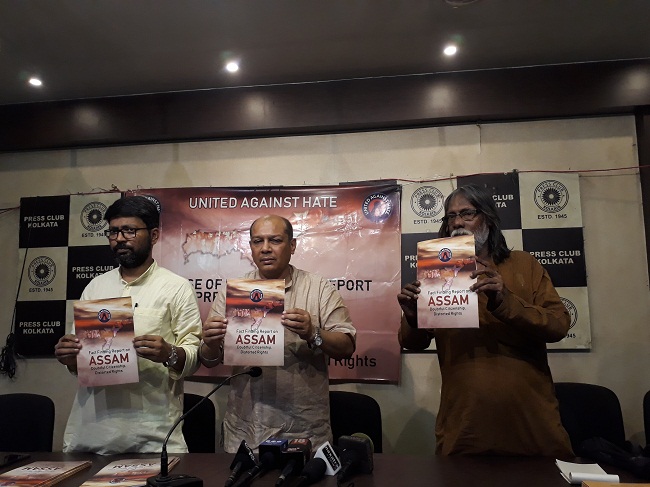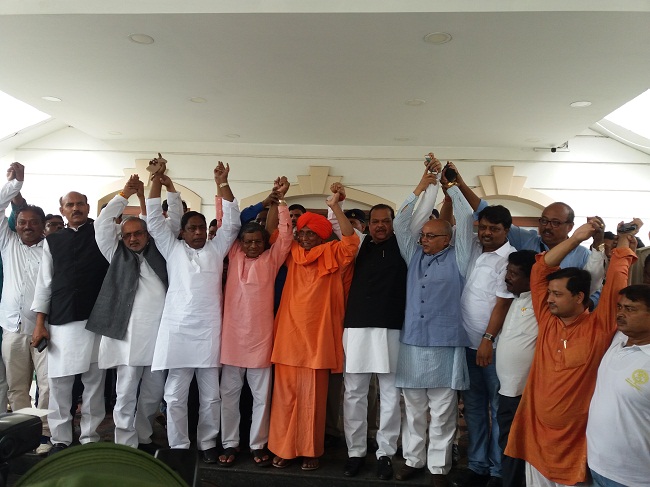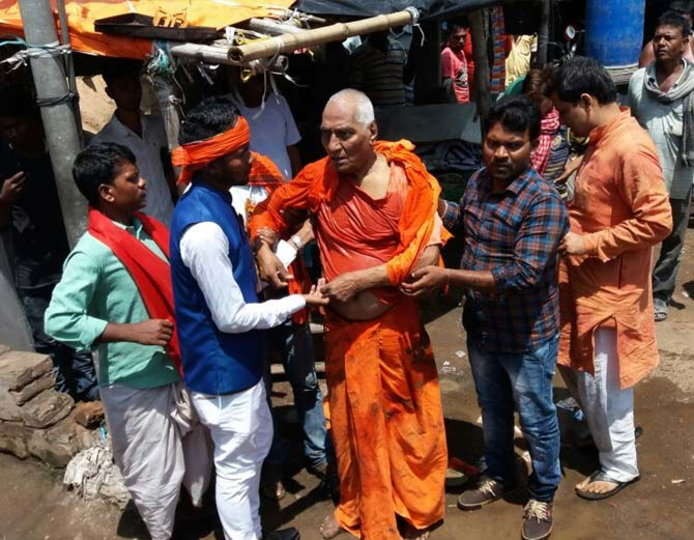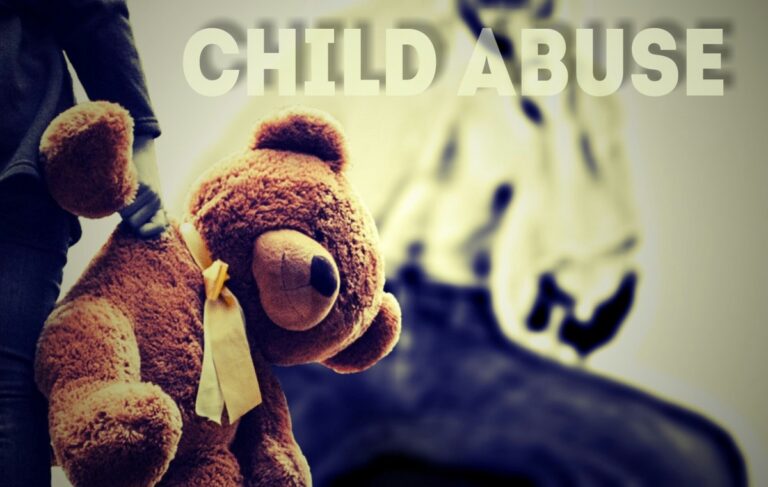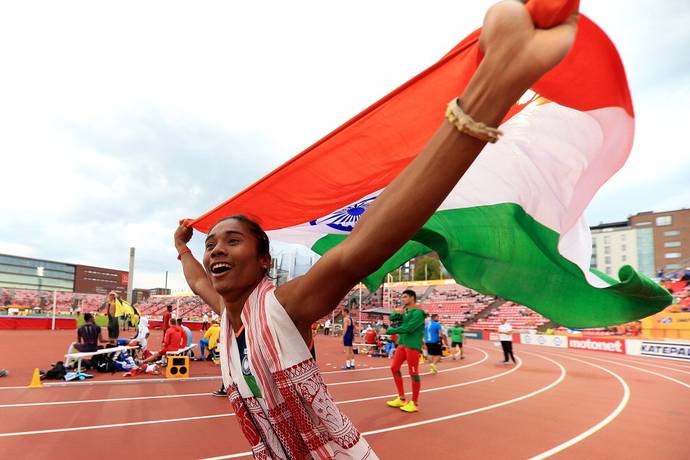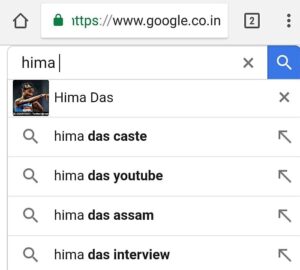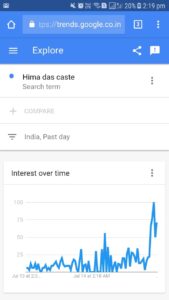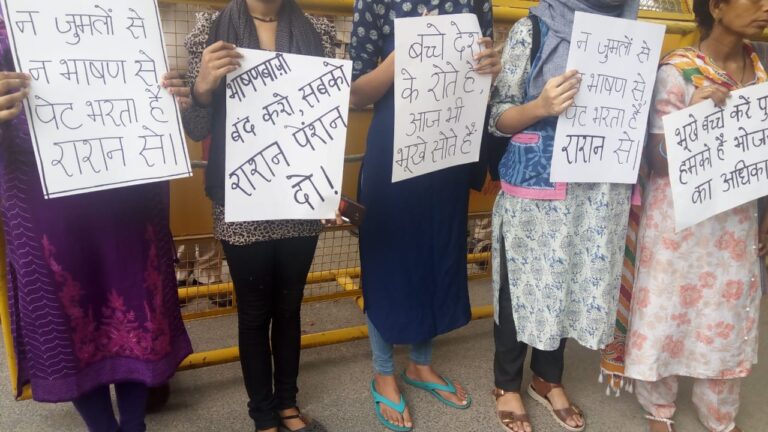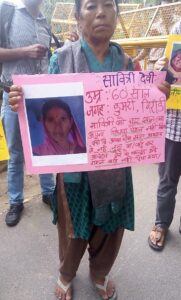Bhopal: ‘Bismi Krishna’.
Do you make out anything of this? I could not.
So I asked the owner of the name what Bismi means. She said Bismi means ‘beginning of all good things’ and the word has been taken from the Quran. Krishna is from Gita. Incidentally, Krishna is also part of the name of her father – Sreemangalam Krishnan Nair.
She said her father was a Congress leader, a rebel against all odd practices in her ‘very orthodox Hindu family’. As part of his rebellious nature, he named his eldest daughter Bismi Krishna. ‘My dad taught us not to get engaged with less important things in life, religion being one of them’, Bismi said. Her brother is named Shine Krishna (Christianity and Hinduism)
How did the other members of her ‘very orthodox Hindu family’ take to her unorthodox name? She said her grandmother never called her Bismi till her death; she used to call her Parvathi or Ruby (her nickname).
Her father had joined politics against the wishes of her grandparents. He was a good public speaker and used to write a column. At a very young age, he had become popular in the region. He had declared a war against ‘nasty rituals’ at home and her grandmother and other relatives could not come to terms with his behaviour; they never ‘let us mingle with the people of lower castes’. Grandfather was, however, ‘kind of ok’.
Bismi said that people from different castes used to come to meet Dad at home. After they left, ‘my grandmother would sprinkle cow dung and wash the place. It hurt my Dad a lot’.
‘Once’, she recalled, ‘when my dad came home I was crying loud to sit with farmers and have food with them on a harvest day which was objected to by my relatives as well as by farmers themselves out of fear , Dad made me sit with them and asked them to feed me’. Gradually, the things became slightly, but only slightly, better as the other members of the family considered it futile to pick up fights with her father who was uncompromising about his beliefs.
Born in 1942 Krishnan Nair died in June 1986. He was a member of Kerala Pradesh Congress Committee (KPCC). Bismi said his death was a mystery, officially it was hepatitis but rumours were there that he was poisoned. Nothing, however, came out of the several inquiries held at the time. Her mother was in her early thirties. ‘After the Dad’s death our life turned upside down, no visitors came (otherwise every morning we saw an ocean of people in front of our house even before we woke up in the morning). My mom had a tough time after Dad’s death. She had submitted the resignation letter (as a Bank Manager) a few days before Dad’s death to take care of us and to adjust with Dad’s busy schedule but her senior officer hadn’t forwarded the letter to RBI luckily.’
Not only in the family, Bismi faced problems outside also. People thought she was born to parents of mixed religions. ‘Whenever I went to a bank, or some institution or anywhere, the people became curious to know my religious status,’ she said.
Hyper-active as a child, Bismi preferred to play the games like the boys. While her father supported her, the women in the family were worried whether she would get a good guy to share her life with. From the 6th standard she started playing sub junior nationals in ball badminton (which was more popular then than shuttle badminton), Prakash Padukone was the commentator in most of the national events where she played. She won the ‘Star of India ‘award thrice. She said, ‘the saddest part was my Dad wasn’t alive to see me crowning the best player in India award.’
Because of her greater interest in sports, she found it difficult to cope with the missed classes. Still, she obtained a Bachelor’s degree in Geology and B1 degree in German language. She got married at 18, even before she had completed her Bachelor’s degree. They have two kids with religious status of ‘No Caste, No Religion’.
Now 41, Bismi is running a small company (at Trivandrum) which deals with sports infrastructure, concept development and implementation and interior designing. She said her company was doing ‘considerably well’ till some time back; of late a lot of orders have been blocked because of her political background.
Bismi’s daughter, now 13, is also a badminton player.


